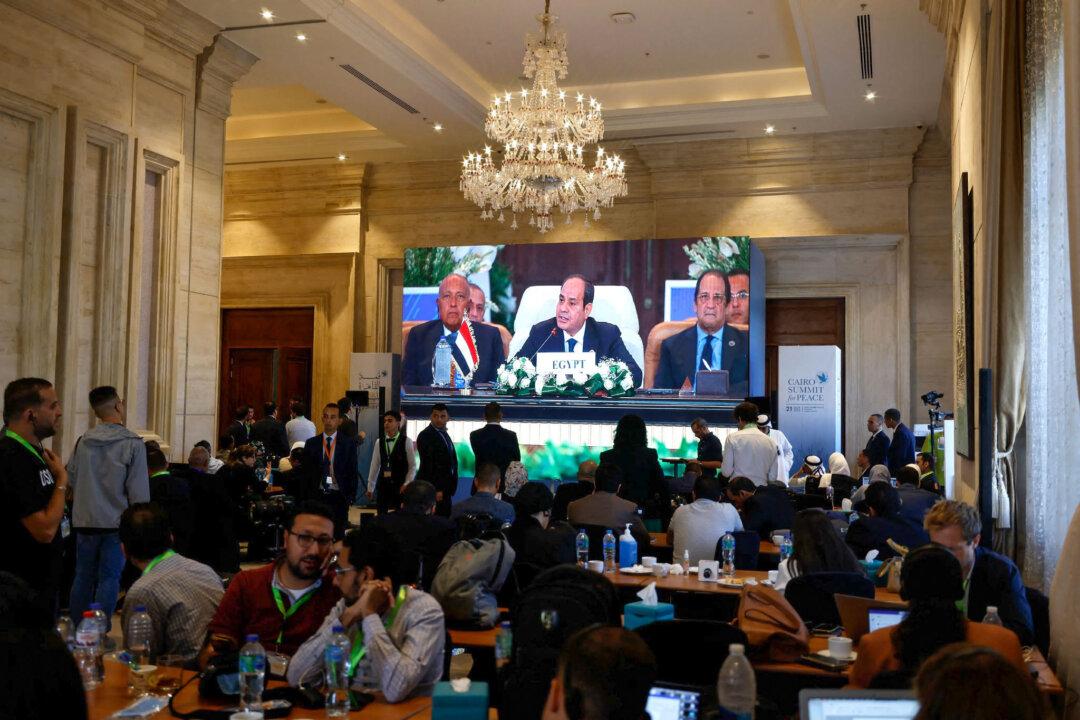Egypt has proposed a two-day cease-fire in the Gaza Strip in hopes of advancing a more expansive deal to end the Israel–Hamas war after more than a year of fighting in Gaza.
The Egyptian proposal would have Hamas release four hostages taken on Oct. 7, 2023, in exchange for some Palestinian detainees held in Israel and a delivery of humanitarian aid to the embattled territory.





